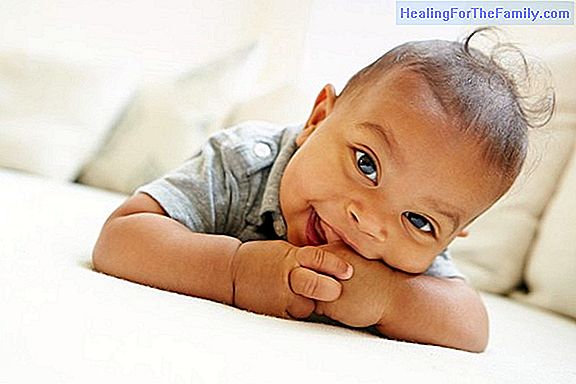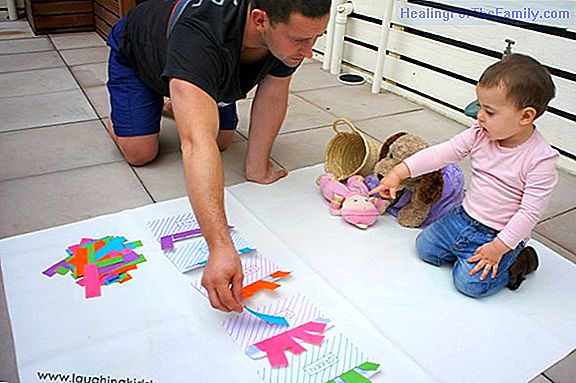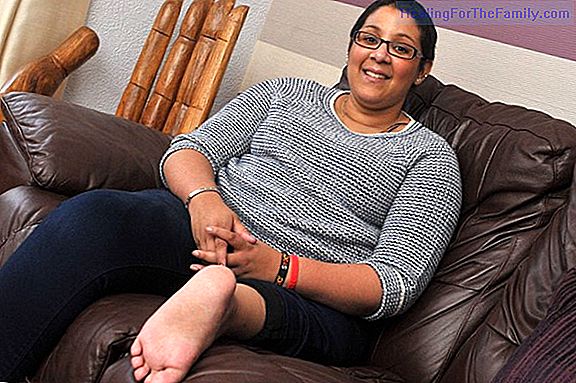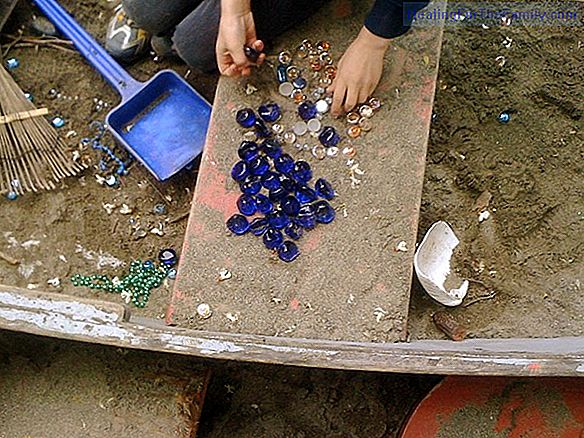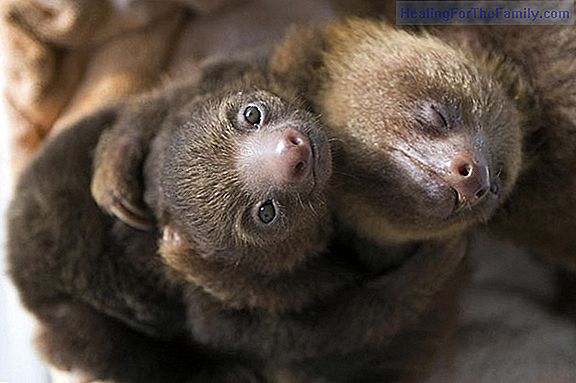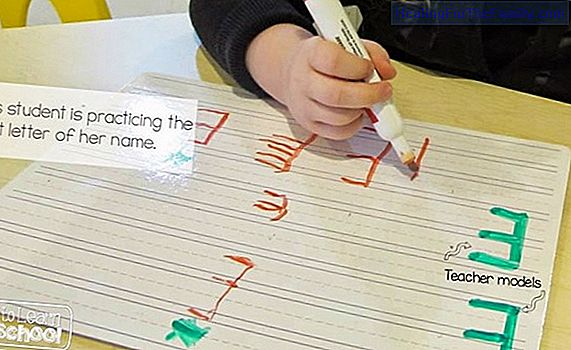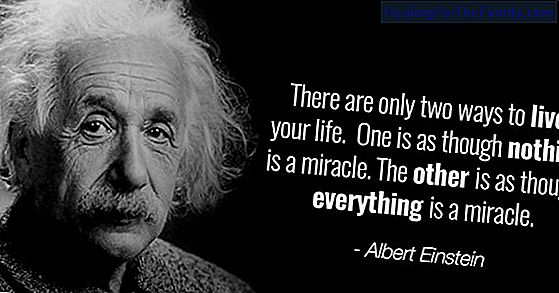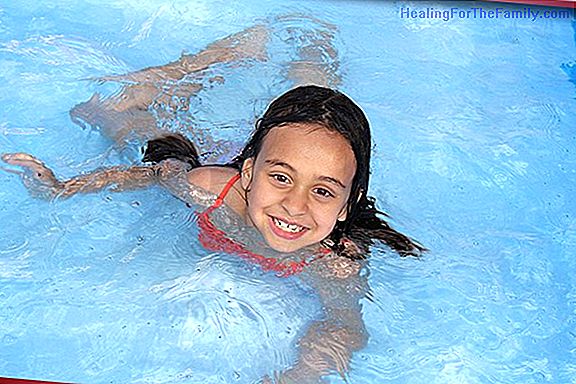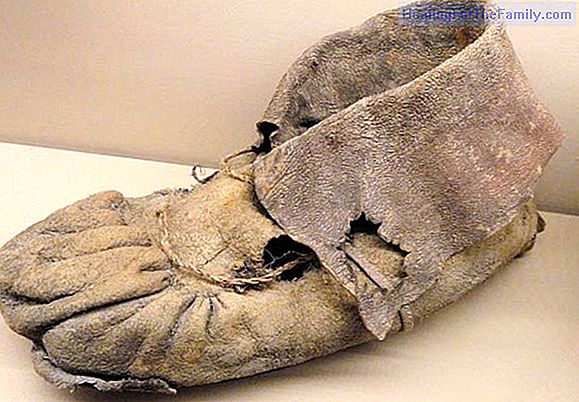The value of the first childhood friends
Friendship in childhood fills us with learning, new experiences and above all teaches us the value of having a person with whom to share both good and bad moments. Our first childhood friends may not keep them when we grow up, however, they will surely leave an indelible mark on us. At what age do c
Friendship in childhood fills us with learning, new experiences and above all teaches us the value of having a person with whom to share both good and bad moments. Our first childhood friends may not keep them when we grow up, however, they will surely leave an indelible mark on us.
At what age do children begin to have friends?
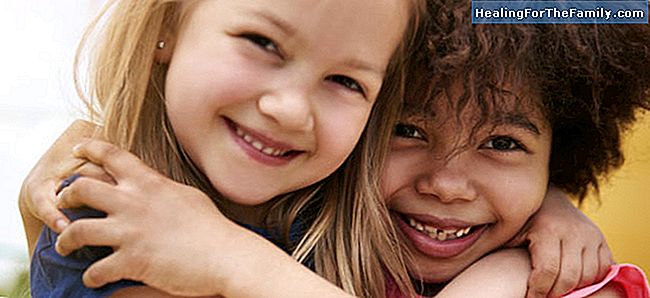
At an early age babies are not very clear about the concept of friendship, prefer to play more with some children than with others, but this is because they spend more time with them and feel more secure with their company, however, they do not have friends as such. The age at which children begin to have friends is from two years of age.
Friendship in childhood begins when children look for that first friend to play with and with whom they feel more at ease. Over time the little ones choose their friends according to their personality; there are children who choose their friends if they complement them, for example, when a restless child looks for the quieter child in the class, or on the contrary, when they choose their friends if they share tastes or feel a greater affinity with them.
Children learn to value friendship from a very young age, as little by little they realize what it means to have a good friend and, therefore, to be a good friend. At this stage of life children are usually very volatile, one day they have a best friend and the next day they get angry with him, everything is part of a learning process. What is it that friendship brings in childhood?
Having friends can bring great benefits to children, from social skills to learning values. Here are some of the advantages offered by the value of friendship to children.
1- They learn to relate.
Children develop social and communication skills with others. 2- They face problems and learn to solve them
. Within a group of friends rules are usually imposed, if there are children who disagree with these rules, this is when they face the problem and seek a solution.3- Apart from following rules, they can also impose them and
be part of the group. 4-
They learn to negotiatewith their friends if they do not like something. 5- They handle complex values such as justice, little by little they realize what they are and stop being fair to others.
6- They become aware of the importance of
making decisions and of asserting themselves before others. Normal.dotm 0 0 1 351 2002 Polegar Medios S.L.N.E. 16 4 2458 12.0 0 false 21 18 pt 18 pt 0 0 false false false


